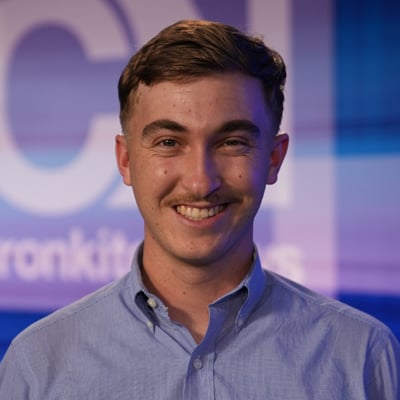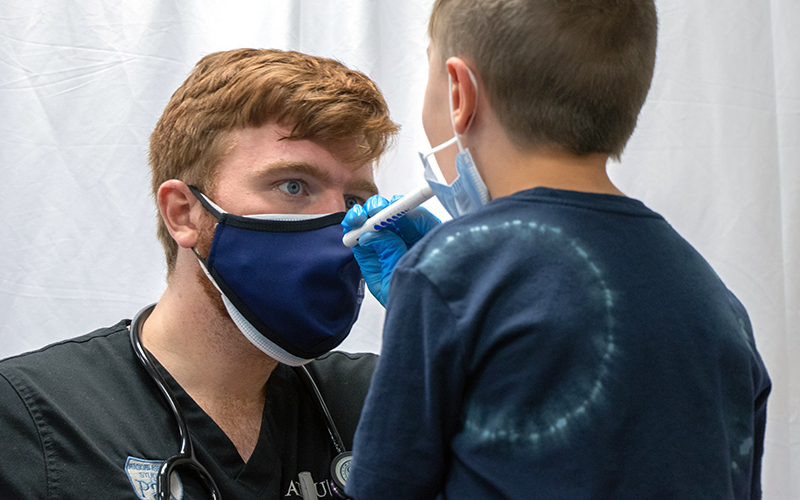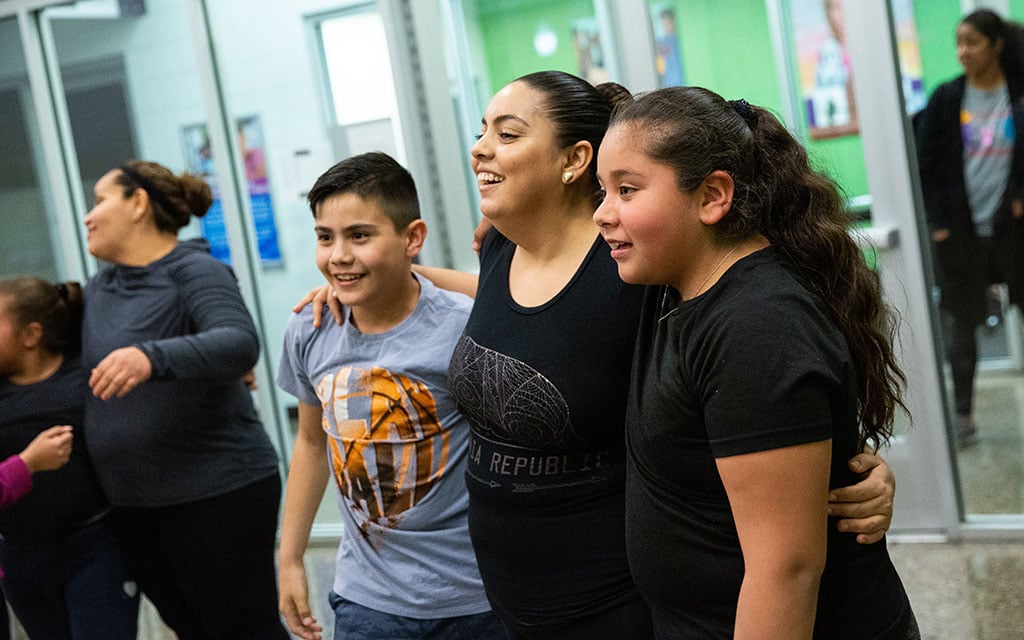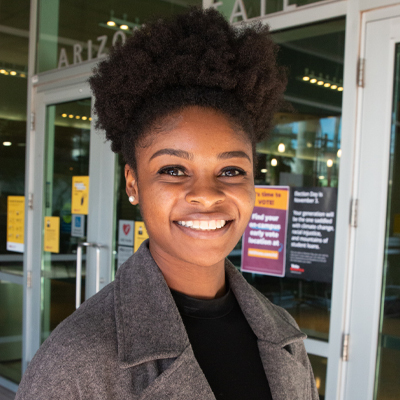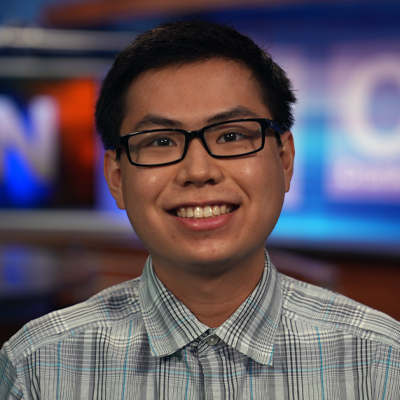MESA – Joan Leafman spent much of her life as a medical researcher – teaching in a doctoral program, presenting studies at conferences and publishing research.
“But there comes a point in your life,” she said, “where you don’t want to talk – you want to do.”
For Leafman, that moment came when her daughter, Corbin Leafman, 30, died of breast cancer. Corbin taught kindergarten at Title 1 schools, working with children from low-income families, and she made it her mission to ensure that no child went hungry.
“She very specifically asked to be remembered by how she lived, and not why she died,” Leafman said of her daughter.
Inspired by Corbin’s resolve, Leafman founded Corbin’s Legacy in 2015 to help reduce food and medical insecurity among underserved schoolchildren. The Mesa organization runs such programs as Food for Thought, delivering meals to kids in classrooms, and Weekend Food Warriors, which send backpacks of food home with children and parents on Fridays.
In July 2020, Corbin’s Legacy delivered its two-millionth meal to a family in need.
But providing meals isn’t the only way the charity aims to help children. In partnership with A.T. Still University’s School of Osteopathic Medicine, Corbin’s Legacy opened the Simon Clinic at Emerson Elementary School in Mesa to provide health care to children right on school grounds.
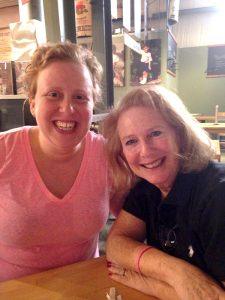
Joan Leafman was inspired by her daughter, Corbin, left, to launch a foundation to help underserved children. Corbin Leafman, a teacher, died of breast cancer at age 30. “She very specifically asked to be remembered by how she lived, and not why she died,” her mother says. (Photo courtesy of Joan Leafman)
The clinic, named for Dr. Harvey Simon, a public health pediatrician and professor at A.T. Still, provides physical exams, eye checks and dental screening to about 25 students daily, Mondays through Thursdays.
Simon said the classroom-turned-clinic allows children to receive consistent, episodic care.
“I suggested to Dr. Leafman that we do something on-site at the school, because that’s where the children are,” he said. “I believe very strongly that coming to the schools and coming to where the children are is the best way of reaching them.”
Open-access, community-based health care is a service that Simon has worked toward since his first days in medicine. During his pediatric residency at a maternal and child health center in the Bronx in New York City, Simon spent much of his time out in the communities that he cared for, speaking with teachers and meeting patients where they were.
“Providing care like that is a very different experience for everyone,” he said. “It’s fun for the doctors, but it’s wonderful for the patients. When they’re more comfortable, you have a much more relaxed interaction with them.”
Simon said providing community-embedded care is an objective of A.T. Still University, which partners with Corbin’s Legacy to staff the Emerson Elementary clinic. Medical school professors recruit their students to receive hands-on experience.
“We like to give them responsibility,” he said. “It’s very fulfilling to see the next generation of medical providers coming along.”
Those recruitment efforts are led by Angie Kiselyk, director of physician assistant admissions at the School of Osteopathic Medicine. She’s also an assistant professor and family practice physician assistant.
To Kiselyk, the Simon Clinic offers students a break from classroom lectures and the chance to get some real-world experience.
“It’s just a great opportunity, as the professor helping facilitate these students, seeing their growth, seeing them do physicals and exams, and helping bridge that gap of access to health care. It’s very important,” she said.
Hispanics represented 53% of Emerson’s 814 students in the 2020-2021 school year. Nationally, Latinos have generally increased health risks and less access to health care.
The Brookings Institution in September 2020 found that Latinos are at a 66% greater risk of developing Type 2 diabetes, and once diagnosed, they have worse outcomes than non-Hispanic white individuals.
The same report indicates that Latinos have less access to health care, and 1 in 4 have no health insurance. The COVID-19 pandemic has made things that much harder: About 37% of Latinos have had someone in their household lose employer-provided health insurance benefits due to the economic downturn that began in March 2020.
The Simon Clinic is attempting to address these disparities through a policy of not turning anyone away. If patients need further medical treatment, the clinic refers them to Adelante Healthcare, a community health center with locations across Maricopa County that offers affordable payment options and discounts depending on income.
Student health is a priority of Emerson Elementary Principal Christel Arbogast, who recognized a need for screening services.
“We wanted them to have the opportunity to visit a doctor, even when they were healthy, to get some baseline data,” she said.
Arbogast said the clinic has even helped with attendance rates. Screening for such conditions as asthma or eczema, and connecting students with treatment, can increase their overall comfort in the learning environment.
It’s that tangible change that motivates Leafman to continue her work.
“I feed children, and I make sure that we take care of them medically,” she said. “It’s not complicated. You just do it.”
